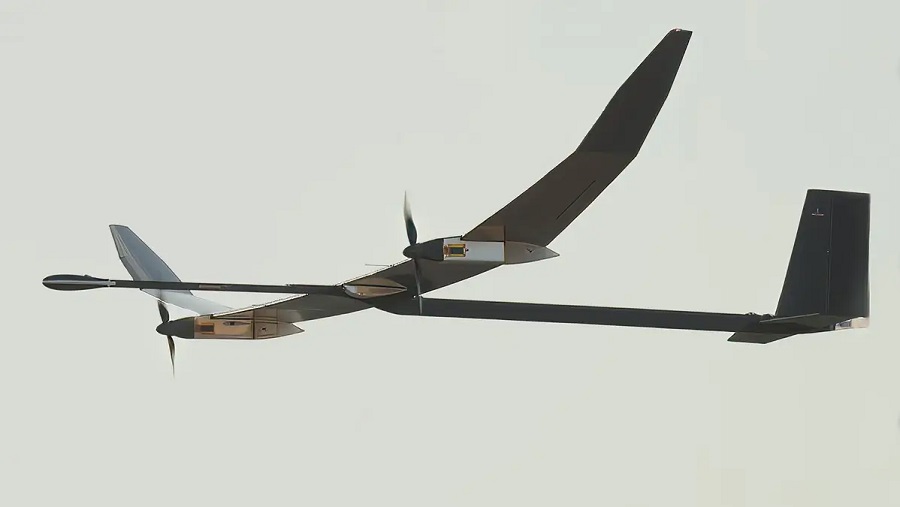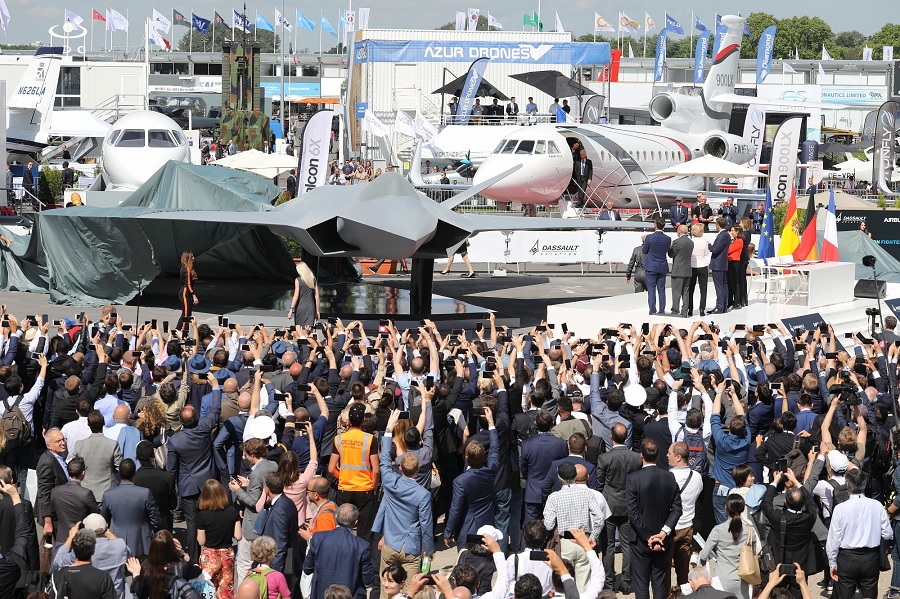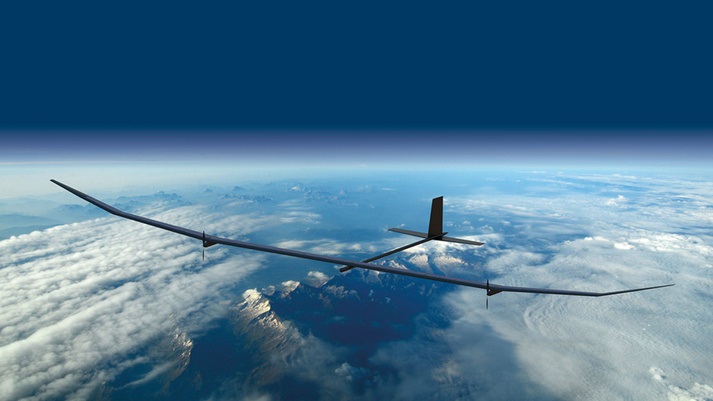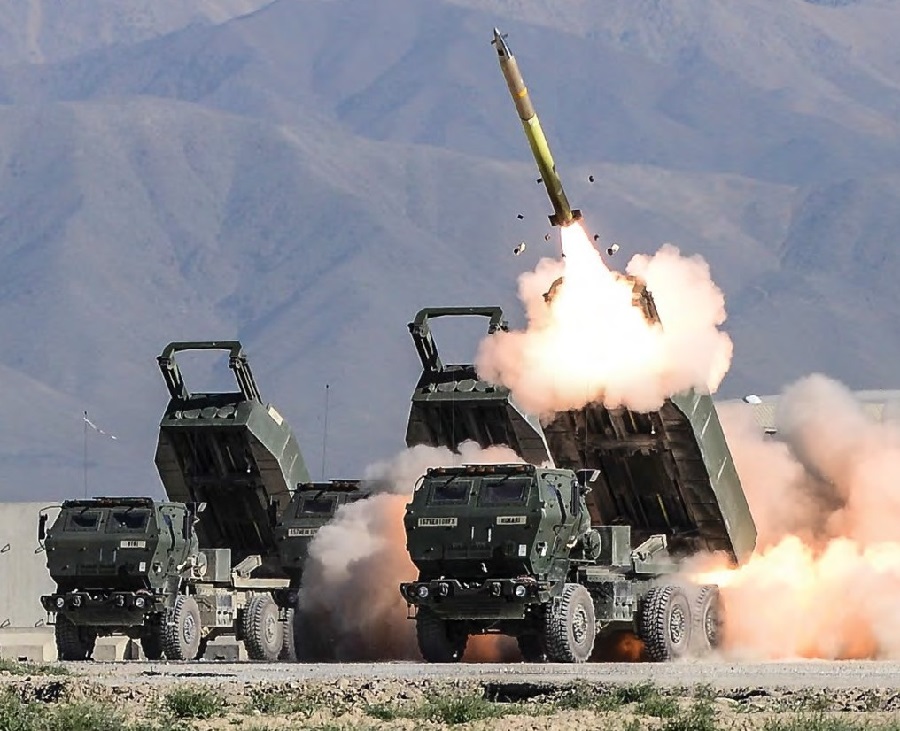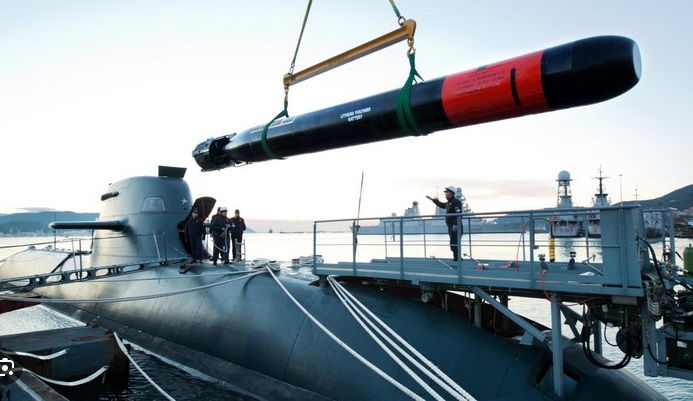During a recent test-flight, the PHASA-35 crossed an altitude of more than 66,000 feet, reaching the stratosphere, before landing successfully. The trial, completed last month in New Mexico, allowed engineers to assess the experimental solar-electric drone within the edges of the planet’s atmosphere.
“Amprius is proud to be recognized as a key partner to BAE Systems supporting their development of the PHASA-35,” said Dr. Kang Sun, Chief Executive Offer of Amprius. “This ultralight platform provides an alternative and flexible approach to traditional systems such as satellites or conventionally powered aircraft. As we develop our next-generation of industry-leading silicon anode batteries, we look forward to helping BAE Systems and Prismatic further enhance the capabilities of their PHASA-35 aircraft.”
Dave Corfield, CEO of Prismatic, added, “Collaborating with outstanding partners like Amprius has been instrumental in establishing PHASA-35 as the forefront solution for next-generation applications in long endurance, high altitude, and communications. Our technology holds immense promise for the future, offering extensive possibilities for communication networks, including 4G and 5G. Its versatile applications, from disaster relief to border protection, present a compelling alternative to conventional airborne and satellite systems.”
PHASA-35’s first stratospheric flight marks a remarkable achievement, showcasing BAE Systems’ commitment to technological innovation and market expansion. As a High-Altitude Long Endurance (HALE) vehicle, the PHASA-35® (standing for Persistent High Altitude Solar Aircraft) is powered by the Sun during the day and by batteries overnight. The long-life battery and highly efficient solar technology allow the aircraft to potentially maintain flight for up to a year, operating in the upper regions of Earth’s atmosphere. The novel aero structure design and advanced solar technology make PHASA-35® a game changer in the air and space market.
Amprius announced in October of 2022 that it had entered into a three-year cooperation agreement with BAE Systems. Both parties agreed to investigate business opportunities enabled by the use and supply of Amprius’ silicon anode batteries for electric products being developed by BAE Systems in the UK.



